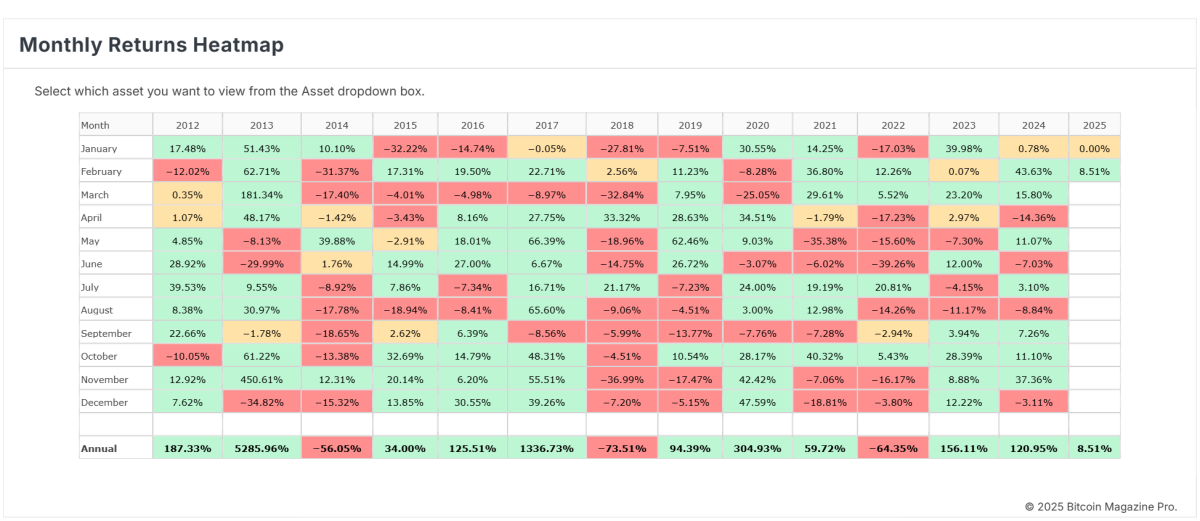Understanding Artificial Intelligence in Finance
Artificial intelligence (AI) has emerged as a transformative force in the financial sector, fundamentally altering the way financial services operate. At its core, AI refers to the simulation of human intelligence processes by machines, particularly computer systems. This encompasses various technologies, including machine learning, natural language processing (NLP), and robotics. These technologies are instrumental in analyzing vast amounts of data quickly and accurately, enabling financial institutions to make informed decisions.
Machine learning, a subset of AI, focuses on algorithms that improve automatically through experience. In finance, it can predict market trends, assess credit risk, and automate trading strategies, thereby optimizing investment outcomes. For example, hedge funds increasingly rely on machine learning models to analyze market patterns and forecast price movements. Such predictive capabilities can enhance investment strategies, driving profitability.
Natural language processing, another significant AI technology, enables machines to understand and interpret human language. In the financial realm, NLP is utilized to analyze news articles, social media, and other text data sources to gauge public sentiment towards stocks or financial instruments. This can help financial analysts and portfolios managers make more strategic decisions based on prevailing trends and sentiments.
Moreover, robotics and automation play an essential role in streamlining financial services. AI-driven robots are capable of executing transactions and managing accounts with minimal human intervention. This can lead to reductions in operational costs and increased efficiency, allowing financial institutions to focus their resources on more complex tasks that require human expertise.
While the integration of AI technologies presents numerous advantages, it also poses challenges such as data privacy concerns, the potential for biased algorithms, and regulatory considerations. As such, it is crucial for financial institutions to navigate these challenges thoughtfully while embracing the innovative potential that AI offers to revolutionize financial services.
Automated Trading: The Rise of AI-Powered Trading Systems
The integration of artificial intelligence (AI) into trading systems has marked a significant transformation in the financial markets. Automated trading has gained traction as AI algorithms are now capable of analyzing extensive datasets at remarkable speeds, enabling traders to execute trades with precision and efficiency. This innovation leverages complex algorithms that process market data, economic indicators, and historical trends to inform trading decisions, thus minimizing the impact of human error.
One of the primary advantages of AI-powered trading systems is their ability to identify profitable trading opportunities that may not be readily apparent to human traders. These systems employ machine learning techniques to continually refine their strategies based on new data inputs, adapting to changing market conditions in real time. Such dynamic adjustments lead to enhanced trade execution and the capacity to capitalize on fleeting market opportunities.
Furthermore, the efficiency brought about by automated trading systems not only increases the speed of transactions but also optimizes the overall trading workflow. The reduction in the time taken to analyze market conditions and execute trades translates to improved operational efficiency. Additionally, with the automation of routine tasks, traders are empowered to focus on more strategic and analytical activities, ultimately contributing to better decision-making processes.
However, the rise of automated trading also comes with significant implications for market dynamics and investor behavior. The reliance on AI algorithms can lead to increased market volatility as trades are executed at high frequencies, often leading to rapid shifts in asset prices. Moreover, the potential for algorithmic trading systems to behave in unexpected ways raises concerns regarding market overflow and systemic risks. As the landscape of trading evolves, understanding the dual nature of AI’s impact—both positive and negative—becomes paramount for investors and regulatory bodies alike.
Personalized Financial Advice: Enhancing Client Interaction through AI
The advent of artificial intelligence (AI) has transformed various sectors, and finance is no exception. One of the most significant impacts of AI in finance is the personalization of financial services. AI-driven platforms now analyze vast amounts of customer data, enabling financial institutions to provide tailored financial advice that aligns with individual needs and preferences. By interpreting spending habits and investment behaviors, these platforms offer insights that empower clients to make informed decisions about their finances.
Machine learning algorithms, a key component of AI technology, play a pivotal role in this personalization journey. They identify patterns in user behavior, which allows for a more nuanced understanding of each client’s financial situation. This capability enables service providers to recommend customized investment opportunities, risk assessments, and strategies for effective financial planning. Clients benefit from a level of personalization that was previously unavailable, as AI can craft solutions that cater to the nuances of each individual.
Additionally, the rise of robo-advisors has revolutionized the way investment advice is provided. These automated platforms utilize AI to deliver real-time, data-driven insights that facilitate better financial decision-making. Robo-advisors assess client portfolios based on programmed algorithms that evaluate market conditions, thus adjusting recommendations based on current trends. This ensures that clients receive ongoing, personalized advice without the necessity for constant human intervention.
Moreover, chatbots represent another innovative application of AI in enhancing client interaction. These virtual assistants manage customer inquiries and provide information on financial products and services in real-time. The ability to address common questions and execute basic transactions not only improves the customer experience but also frees financial professionals to handle more complex client issues.
In conclusion, the integration of AI in financial services is fundamentally reshaping client interactions through personalized financial advice. By employing advanced data analysis and automated systems, financial institutions are enhancing the overall client experience, driving engagement, and fostering a relationship built on tailored solutions. The future of finance seems poised for further enhancements as technology continues to evolve.
Challenges and Future Prospects of AI in Finance
The integration of Artificial Intelligence (AI) into the financial sector presents numerous opportunities, yet it also brings forth notable challenges that must be addressed to harness its full potential. One significant concern revolves around data privacy and security. As financial institutions increasingly rely on AI to process vast amounts of sensitive personal and financial information, the risk of data breaches and misuse becomes heightened. Ensuring robust data protection measures and compliance with regulations such as the General Data Protection Regulation (GDPR) is crucial for maintaining consumer trust and safeguarding their information.
Furthermore, the regulatory landscape poses another challenge. Given the rapid development of AI technologies, there is a looming gap in regulatory frameworks that can adequately address their implications. Financial regulators must work collaboratively with industry stakeholders to establish guidelines that prevent discrimination or bias in AI algorithms, thus ensuring equitable treatment of all customers. Transparency in AI decision-making processes also remains pivotal; stakeholders need to understand how AI systems arrive at their conclusions to foster accountability and trust.
Looking ahead, the future prospects of AI in finance are promising. We are likely to witness an increased adoption of AI-driven tools that facilitate personalized banking experiences, enhance risk management, and upgrade fraud detection capabilities. Emerging trends such as the use of machine learning for predictive analytics and automated trading systems demonstrate the innovative applications of AI in the financial domain. As technology continues to evolve, financial services will adapt, leading to a more efficient, customer-centric approach that aligns with the changing dynamics of consumer behavior and market demands.
In conclusion, while the challenges of implementing AI in finance are significant, the potential benefits cannot be overlooked. By addressing these hurdles and responsibly integrating AI technologies, the financial sector can not only improve its services but also redefine the landscape of financial operations for the foreseeable future.










